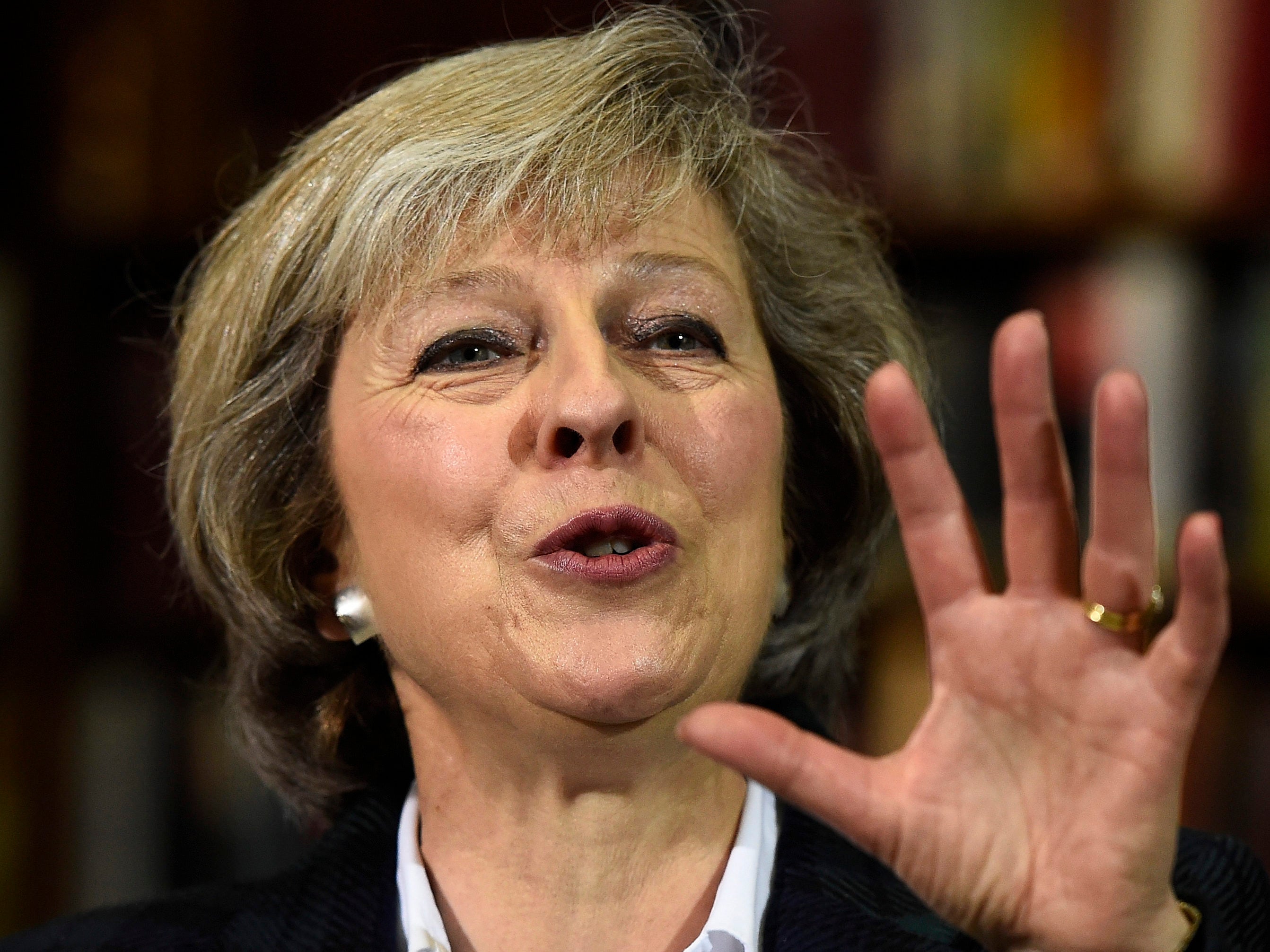
Whistleblowers and investigative journalists will not have their freedom restricted, Downing Street has insisted, despite concerns over proposals to beef up the Official Secrets Act.
Campaigners have criticised a Government-commissioned report on official secrets as “an attack on democracy” after it recommended that whistleblowers should face much lengthier prison sentences for disclosing classified information.
It also suggested that government information which could harm the economy should be protected by the threat of criminal prosecution.
Prime Minister Theresa May’s deputy spokesman insisted: “It is not, never has been and never will be the policy of the Government to restrict freedom of investigative journalism or public whistleblowing.”
The Law Commission report, ordered by the Cabinet Office in 2015, proposes an increase in maximum prison sentences for some breaches of Official Secrets legislation.
Currently, most offenders under the Official Secrets Act 1989 receive a maximum of two years’ imprisonment – on a par with other offences that criminalise unauthorised disclosure of information.
For example, someone leaking tax information from the National Lottery Commission which could reveal a person’s identity would face the same maximum jail term as someone whose leaked information that damages the capability of Britain’s armed forces, the commission said.
“We provisionally conclude that the maximum sentences currently available for the offences contained in the Official Secrets Act 1989 are not capable of reflecting the potential harm and culpability that may arise in a serious case,” its review said.
The document does not specify a possible maximum sanction, but points out that in Canada, such offences can attract sentences of up to 14 years.
The commission also proposes that the law is reformed so an offence is committed not only by someone who communicates classified information, “but also by someone who obtains and gathers it”.
Open Rights Group chief executive Jim Killock said this could make investigative journalism based on whistleblowing much more difficult as it would enable the prosecution of anyone viewing classified material.
He said: “As I understand it, currently one would have to have handed the documents to some kind of foreign power in order to be considered in breach of the Official Secrets Acts.
“Now, the fact that documents are out of GCHQ at all will mean that they will be treated as a breach, as they may have been used for these purposes.”
Cathy James, chief executive of whistleblowing charity Public Concern At Work, said the report was a “draconian” approach to updating official secrets laws.
She said: “This is really, really going backwards and taking us back into the dark ages.
“It is an attack on whistleblowers and the press and, I would say, on democracy itself.”
A former GCHQ whistleblower, Katharine Gun, who leaked details of plans to bug United Nations offices in the run-up to the Iraq War, told the Guardian: “The Official Secrets Act 1989 may need reforming for the digital era, but I would argue that at its heart there should be protection for whistleblowers.
“As it stands, the OSA (Official Secrets Act) is reputedly one of the most draconian secrecy laws in the world.
“It seems to me to have been very effective at dissuading and preventing the 99.9% of British citizens who have signed to it from making unauthorised disclosures.”
But May’s deputy spokesman told a regular Westminster briefing: “I’ve seen the way some of this has been reported today and I just think it’s fundamentally wrong.
“It is not, it never has been and never will be policy of the Government to restrict freedom of investigative journalism or public whistleblowing.
“One of the points of the OSA (Official Secrets Act) review was to consider whether more safeguards are required to protect public sector whistleblowers and journalists.
“We would not do anything to restrict the freedom of journalists to go about their business professionally.”
The Law Commission insisted its provisional proposals include greater safeguards for whistleblowers than under “many aspects” of official secrets law.
A spokesman said: “It is misleading and incorrect to say that we are only further extending the scope of the criminal offences.
“The current offences contained in the Official Secrets Act 1911 are broad. We are seeking views on how the law could meet 21st century challenges whilst also ensuring people don’t inadvertently commit serious offences.
“We have provisionally concluded that there are a number of ways to improve the current laws around the protection of official data and we welcome views in our open public consultation.”
Among the measures in the Law Commission’s plans designed to act as safeguards is a proposal for a new law allowing officials and security and intelligence agents to seek authority to disclose information.
This would be governed by a “non-exhaustive list of factors” to be considered when deciding whether to grant that authority, and a move to give judges the power to review any decision not to authorise disclosure.
Security and intelligent agents should also be able to bring concerns about their employment to the independent Investigatory Powers Commissioner, who would have the power to investigate the matter and be under a duty to report their findings to the PM, who would then have to report back to Parliament.
Meanwhile, Liberty criticised the Law Commission’s “disturbing” insistence that a “single meeting” with the pressure group amounted to a proper consultation ahead of “such drastic and dangerous proposals”.
Its director, Martha Spurrier, said: “These oppressive plans have no place in a democracy.
“They would skew the balance even further in favour of state secrecy, irrespective of potentially profound public interest.
“By increasing the prospect of prosecutions for revelations that are merely embarrassing or inconvenient, they would silence whistleblowers and gag our press.”
Email pged@pressgazette.co.uk to point out mistakes, provide story tips or send in a letter for publication on our "Letters Page" blog






